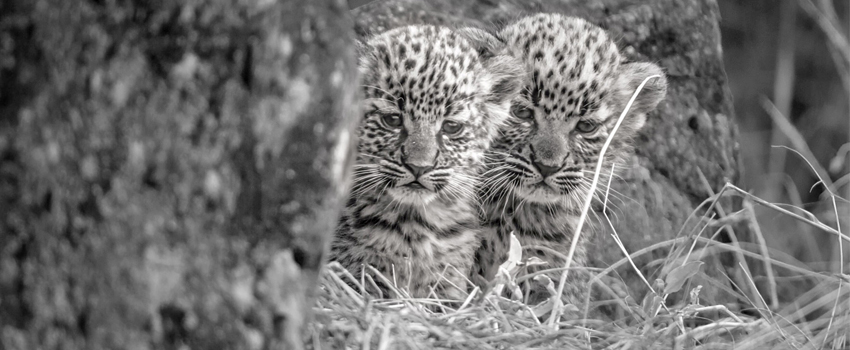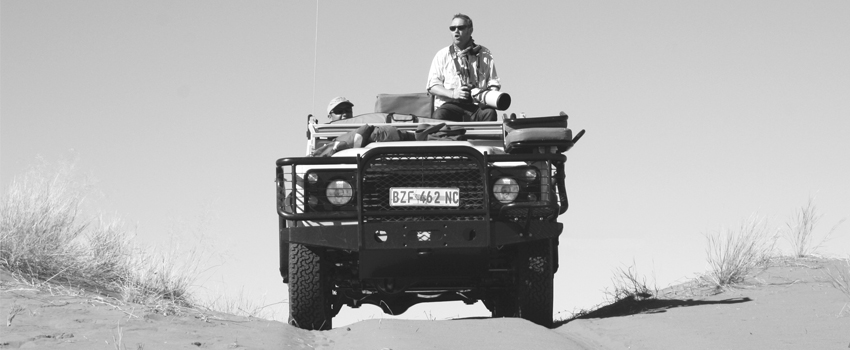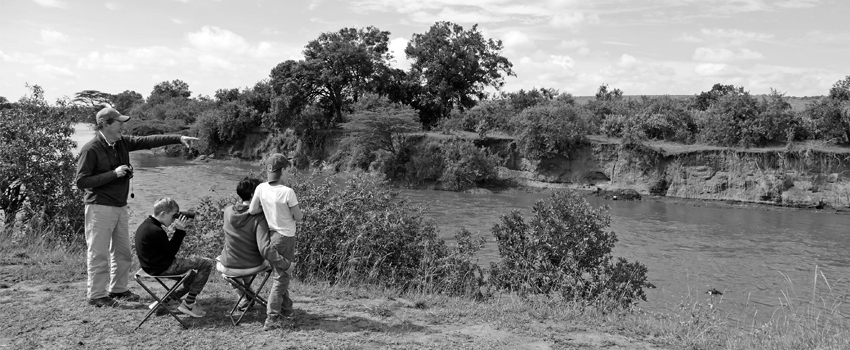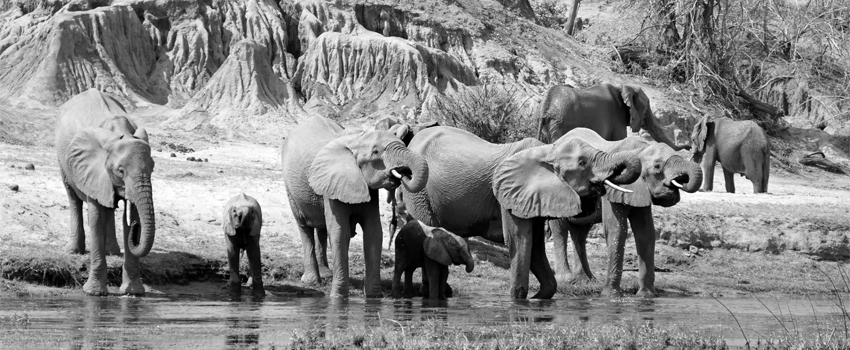Singita Sabora Tented Camp
Singita Sabora Tented Camp is located on the open plains of the Singita Grumeti Reserve, bordering the western corridor of the Serengeti National Park.
Singita Sabora Tented Camp is one of five permanent properties on the Singita Grumeti Reserves. All the properties offer something a little different, but all offer a sophisticated experience with superb service and food. Sabora is the tented option, for those who want to experience luxury under canvas, and sitting unfenced on flat, wide open plains, with wildlife at eye level, the camp offers the most immersive experience of the permanent Singita Grumeti properties. That being said, with spacious and stylish air-conditioned suites featuring big bath tubs, you don’t have to leave behind too many modern comforts. For those looking for something a little more overtly luxurious for the high price point, sister properties Faru Faru or Sasakwa may be a better choice.

ACCOMMODATION
The camp accommodates up to 18 guests in nine large individual tented suites, each built onto low wooden platforms with views out over the plains. The suites contain a bedroom section and a living area…

AREA & ACTIVITIES
Grumeti Reserves is located adjacent to the Western Corridor of the Serengeti, bordering the national park, and encompasses 350,000 acres of unrivalled wilderness. With only three properties in the reserve, game viewing becomes…

Families
Children from the age of 10 years are accepted. However there is no family accommodation and there are other properties on the reserve that are better suited to family travel, such as Faru Faru, Sasakwa or…

Conservation & community
Singita Grumeti works in partnership with the non-profit Grumeti Fund to generate the funds necessary to ensure the long-term sustainability of the 350,000 acre reserve through wildlife conservation…
| Location | Singita Grumeti Reserve, Western Serengeti |
| Access | Scheduled or Charter flight into Sasakwa Airstrip |
| Open | All year |
| Pricing | £££££ |
| Camp Style | Luxury Tented Camp |
| Focus | Big game / Open Plains |
| Children | 10 Years + |
| Activities | Game drives (day and night) / Guided walks / Hot air ballooning / Community Visits |
| Vehicles | Open |
| Maximum Guests on Vehicle | 6 |
| Private Vehicle Options | Yes |
| Off-road Driving | Yes |
| Number of Rooms | 9 Tents |
| Family Accommodation | No |
| Bathroom | Flush toilet / Plumbed basin / Plumbed shower / Bath |
| Power for charging | In room |
| Lighting | Solar |
| Hairdryer | Provided in room |
| Heating/Cooling | Air-conditioning |
| Room Safe | Yes |
| Laundry Service | Complimentary |
| Communication in room | Telephone |
| Wi-Fi | Throughout |
| Mobile Reception | Yes |
| Swimming | Communal |
| Wellness | Wellness and Fitness centre / Massage treatments in room / Yoga mats in room |
| Dining Style | Private |
| Drinks Included | House drinks |
| Credit Cards | Visa, Mastercard and AMEX |




















